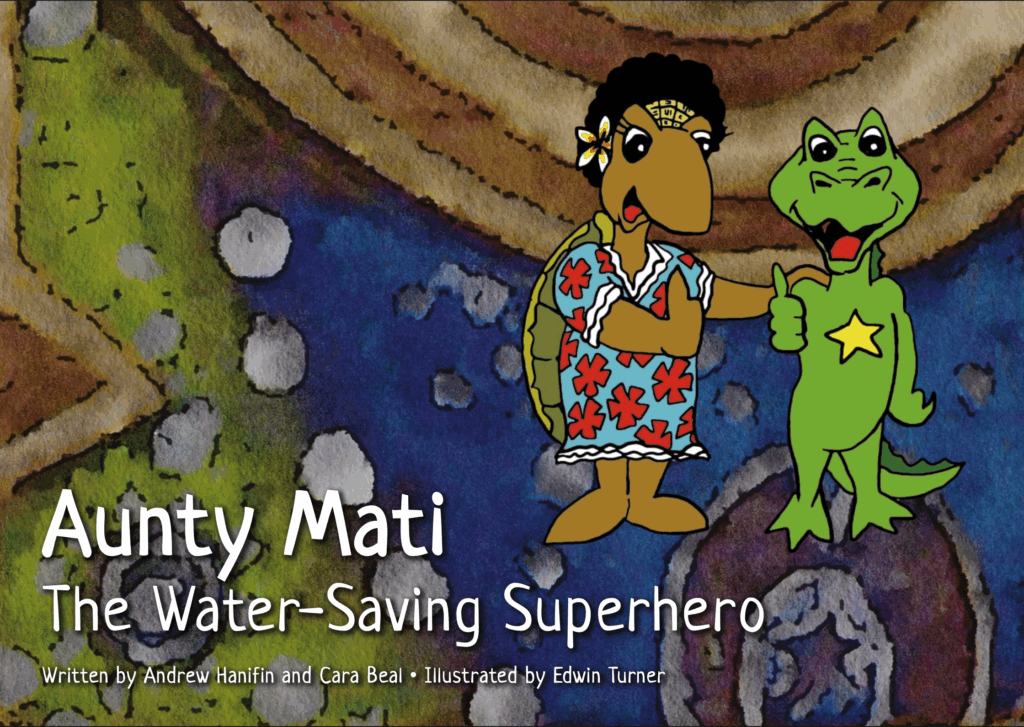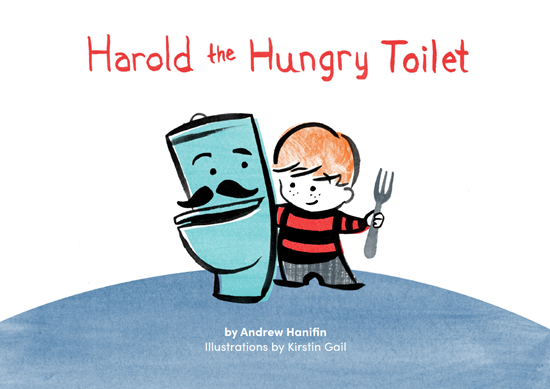The Challenge
Water use in Torres Strait Island communities can significantly outstrip supply on many islands, with households using over one thousand litres per day. Due to high water usage, desalination systems are frequently used to generate sufficient drinking water, which are energy intensive and expensive to run, particularly in off-grid communities relying on diesel energy.
Water in the Torres Strait isn’t just about consumption—it’s integral to everyday life including cooling, cleaning, significant social and cultural activities, health, Sorry Business, dust suppression on unsealed roads, cooling living spaces and gardens, hunting and fishing equipment washing, and water play for children.
The Research Foundation
Working with the Torres Strait Island Regional Council (TSIRC), Torres Strait Regional Authority (TSRA), and Queensland Government through an ARC Linkage and Queensland Mid Career fellowship project (RICES), research showed that culturally and socially appropriate education and engagement strategies were likely to be at least as effective as more prescriptive demand management strategies such as water restrictions and fines.
Critically, when participants were asked to rank preferred community-based demand management strategies, they identified that initiatives aimed at increasing waterwise awareness in children on the island is essential for effective change.
The Indigenous Community Water Project (2021-2022)
The Indigenous Community Water project was launched to raise awareness through community education among children in local communities of the Torres Strait to learn about good water management. Four local Indigenous communities across island, arid and coastal areas in Northern Australia participated.
Educational opportunities focused on community-led discussions and education sessions around water demand and effective management, as well as socio-culturally appropriate water efficient approaches and strategies. The Griffith University team worked alongside Indigenous Councils, organisations (TSIRC/TSRA), and Sustainability Officers to implement strategies and build capacity within local communities.
Community Engagement & Launch
The book was officially launched across 2021 and 2022 in the Torres Strait with school children, water officers, elders and Council members. These launches became meaningful community events where elders shared their experiences and wisdom, the book was read aloud, and water officers spoke on the importance of water use. The key message reinforced throughout was that water is a precious resource for healthy country and healthy homes.
School-based community education focused on water efficiency, outdoor water use, water security, and good water management. Children engaged in important discussions about water security and water equity for future generations.
Impact & Distribution
The book is now available within all 15 regional councils, as well as school libraries in the Torres Strait, within the Cape communities, and further Indigenous areas of rural Far North Queensland

Collaborative Partnership
This project exemplified true collaboration:
- Author & Original Concept: Cara Beal & Andrew Hanifin
- Illustrations & Cultural Review: Edwin and Regina Turner (Panipan Designs)
- Graphic Design & Publishing: Iain Anderson (Fun with Stuff)
- Research Partners: TSIRC, TSRA, Griffith University
- Funding: Griffith University (Cities Research Institute, Climate Action Beacon, Industry and External Engagement Office)
- :pb-1 [&:not(:last-child)_ol]:pb-1 list-disc space-y-1.5 pl-7″>
- Number of books distributed?
- Community feedback?
- Where the book is being used (schools, libraries, etc.)?
- Any measurable changes in community behavior or awareness?]
Key Learnings
This project demonstrated that effective water management in Indigenous communities requires:
- Community-led approaches rather than top-down prescriptive strategies
- Cultural integration connecting water conservation to Caring for Country
- Intergenerational engagement with children as advocates for change
- Collaborative partnerships that respect and center Indigenous knowledge
- Long-term capacity building within communities
The success of Aunty Mati shows how technical water challenges can be addressed through culturally-informed, community-led approaches—a replicable model for water utilities and councils working with diverse communities nationwide.
Partners: Griffith University, TSIRC, TSRA
Location: Zenadth Kes (Torres Strait)
Years: 2021-2022
Book Availability: Available for download on the Griffith website – www.griffith.edu.au/research/sciences/institute-human-environmental-resilience/themes/iknow-weknow/aunty-mati



